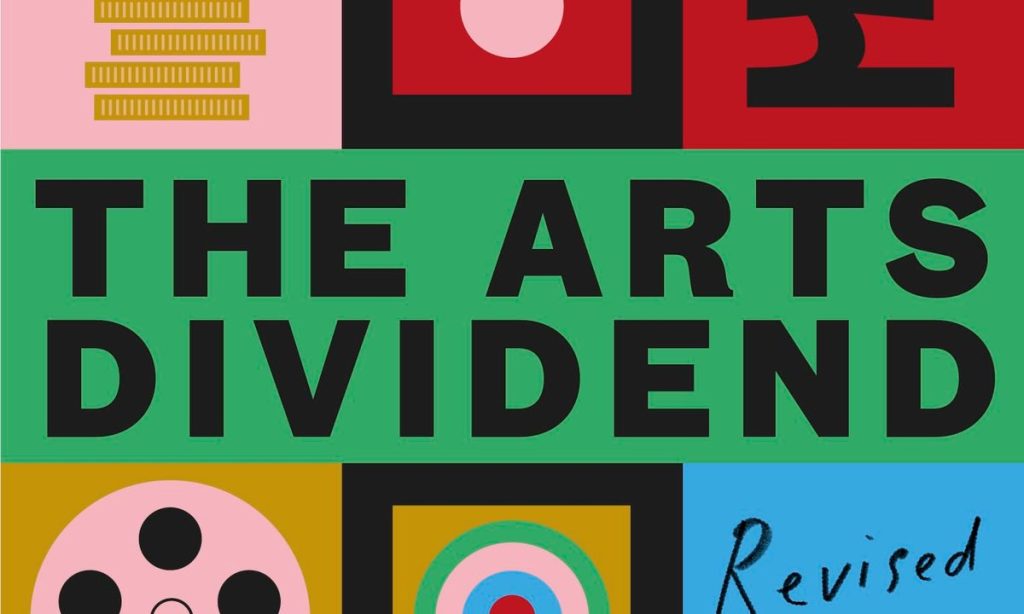
“The main objective of the public policy should be increasing happiness,” Darren Henley, the General Manager of the Council of England (ACE), in its last iteration Art dividend: How to create a more happy life in culture. Why are England arts so miserable, and are the same, and are equally miserable by the corresponding jurisdictions in Scotland, Wales and Northern Ireland?
Henley ACE has been in charge, the main funding for public art in England in the last ten years. This is the third edition, noticeably revised and up-to-date, the first publication published in 2016 and then in 2020. Its model is JB priestley English trip 1934, but there is nothing serious account of the priest depression. The brittle connection between the two is that Henley travels a lot for his work. He has declared that he has seen more than anyone else in England.
In 2010 the Austerity began to launch Austerity during the real crisis, the University of Middlesex, Henley Business School and Buckinghamshire University has also found time to learn, where his subject was applied positive psychology. Henley is completely positive by public art, museums and libraries. After an Introduction His Copy Up and Makes Judicious and Respectful Reference to Ace’s Chairman, Nicholas Serot, HE Devotes Several Chapters To Investment In The Arts: Creativity, Opportunity, Happiness, Innovation, Place-Shaping, Enterprise and Reputation.
Austerity in room Elephant
As Henley transmits, these concepts are so much and few people would agree. Creativity is more than the need for diversity; The choice is about cultural education; Happiness is about arts and health; Innovation warns Art against the loss of new technologies; Place-shaping is about regeneration; The company deals with the creative industry; And reputation is consistent investment. Evidence of these advantages comes out of the projects visited on his trips, in performances, exhibitions and libraries.
His accounts are not related to the serious situation of today’s arts, when it gets worse every day. He writes in the praise of cultural education, but does not mention the “reform”, subjects of the General Education Certificate Suite. The Government expects to take students in England and Wales. Art issues still exist, but from 2010, it fell by 47% in the GCSE level and 29% corresponding to the decline of the number of teachers. While 6.5% of children attending the fees to pay for schools, 93.5% are gradually hungry in state schools, making the privilege of rich arts.
On the edge
Henley refers to Covid-19, when the art saved almost complete complete absolute, no mention of 30% of the cut in 2010 was imposed by ACER, or 25% of the cutting of culture, media and sport. Today, 2,800 organizations have a combined deficit of £ 117.8 million. ACE funded organizations are closing or therefore, the national museums and galleries are established in defendant and staff, and public libraries are closing the doors. Local authority financing has been reduced, and it has been completely cut in some places. The British Council promotes British abroad, in poor condition, that his General Manager has warned that the next ten years disappear. If it has been suggested, if he sells his art collection, they will follow local authorities.
This seems to be worried about Henley. The art must be more diverse, that not all children are the prince of George and Charlotte princess in their private school, and the “challenges” to finance libraries. But the discussions are clear, such as ACE’s latest national opera treatment. And as far as possible, ACE, and, in fact, belongs to himself. Common and complaining, this book is dangerous to the art of art until the crisis.
• Art dividend: How to create a more happy life in culture, Darren Henley, published by Elliott & Thompson, 240pp, £ 12.99 (PB), renovated edition, January 30


